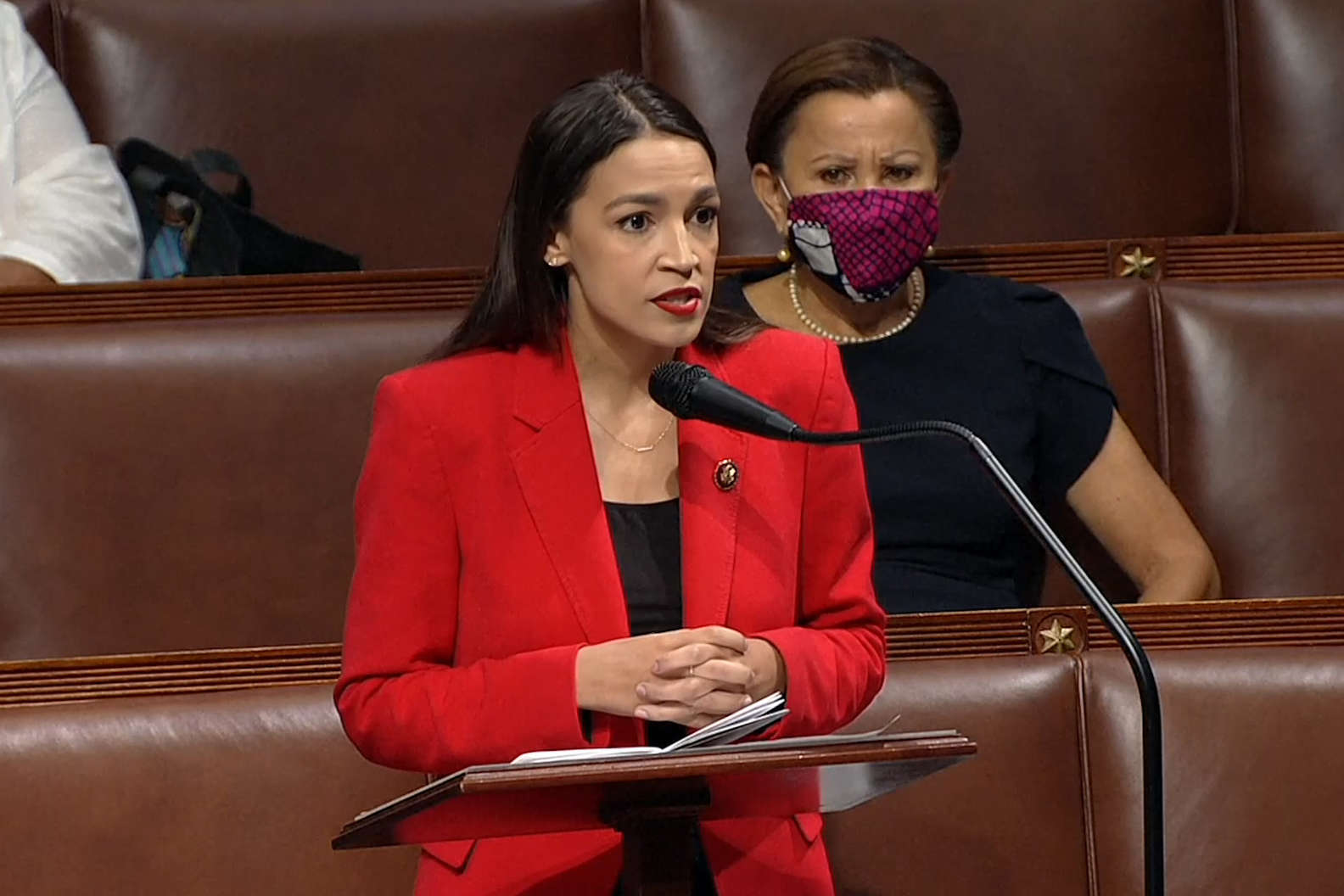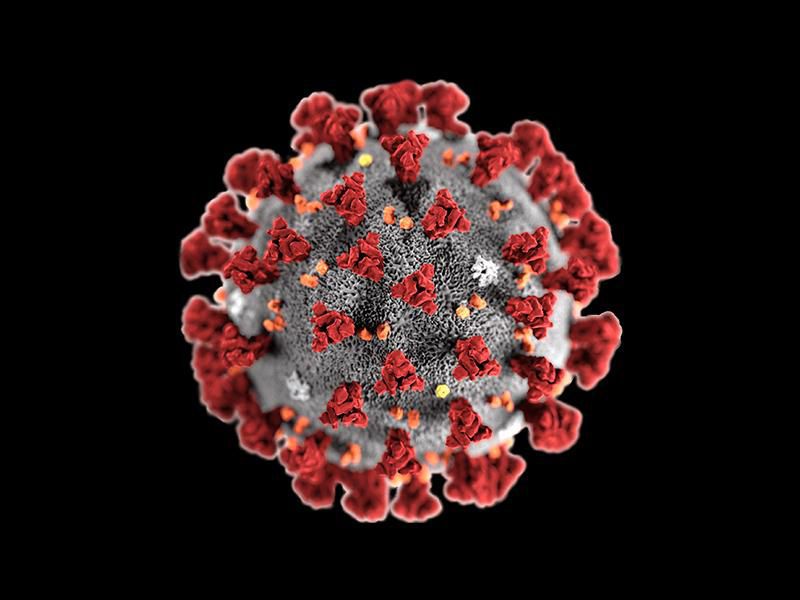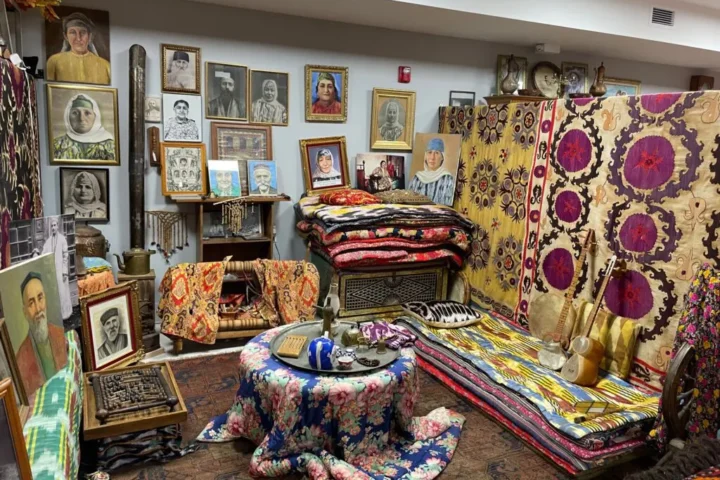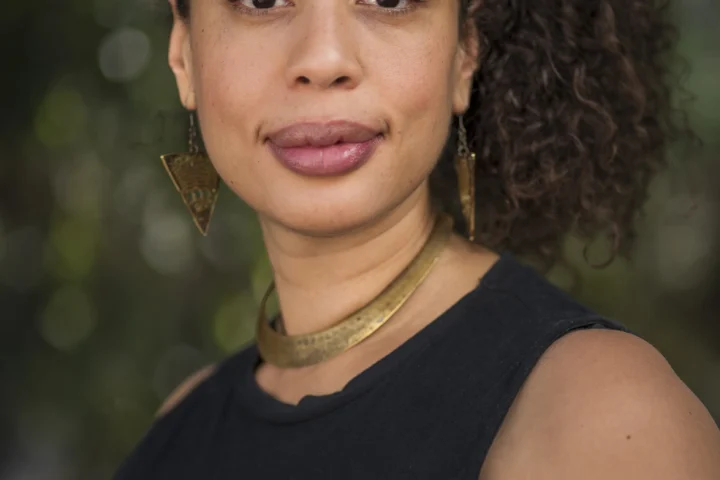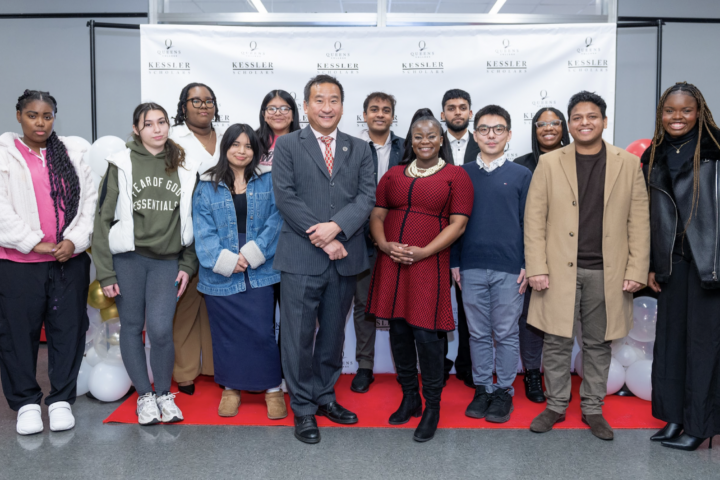In an era in which it is typical for people to take to the streets to protest a cause, there has been an overwhelming silence regarding a particular human rights issue: the Chinese oppression of the Uyghur population. Recent media releases, including New York Times footage of the forced labor of the ethnic minority, have brought forth the question- Who are the Uyghurs and why are they suffering in silence?
The Uyghurs (pronounced wee-gr) are a mostly-Muslim minority ethnic group that mainly inhabit Xinjiang China, which is also referred to as East Turkestan or the Uyghur Autonomous Region. About 12 million Uyghurs are assumed to live inside the Uyghur homeland, while data from a sample census taken in 2013 suggests that about 10 to 15 thousand currently live in the U.S. It is estimated that a total of only about a million Uyghers live outside of Xinjiang.
For decades there have been reports of brutal treatment of Uyghurs in China. Over the past four years discrimination of the Uyghurs has drastically increased. The Chinese government has implemented a policy of total surveillance and control based on racial profiling which has allowed for over a million Uyghurs to be taken to “re-education” camps and many placed into forced labor. Children are often placed in government-run schools at a young age for the purpose of indoctrination and separation from their cultural roots. The reasoning for this policy is that the Chinese government believes that the Uyghers hold extremist views as well as a separate cultural and religious identity that could come to threaten the country.
The United Nations addressed the issue in August of 2018, expressing concern over claims of Uyghurs detention camps and asking the Chinese government to release anyone unjustly imprisoned. However, all accusations were vehemently denied and the severe mistreatment of the Uyghurs in China has yet to cease.
It is presumed that China has been able to continue these atrocities due to its powerful role in the world economy. “The leverage of the China market gives them the power to continue these programs.” says Louisa Greve, the Director of Global Advocacy for the Uyghur Human Rights Project. “There should be no China exceptionalism when it comes to genocide. Being passive in the face of vigorous Chinese government diplomacy and information warfare has terrible consequences for the diplomats of the countries that wish to uphold norms of human dignity and avoid terrible wars.”
A Huffington post article entitled, “If Only the Uighurs Were Buddhist and China Was Israel”, published in May of 2011, also touched upon this controversial point, lamenting, “…if only the Uyghurs weren’t the wrong kind of minority in a country that produces half the goods we use.” According to the Harvard Business Review, China has loaned a total of about 5 trillion dollars to other countries. The U.S. alone owed China 1.1 trillion dollars in debt as of 2018. Over 56 billion dollars in goods came from China to the U.S. in that same year. Economic retaliation from China is a prospect so daunting that it has enabled the CCP to continue this terrifying project with minimal intervention.
A possible additional cause for the lack of widespread knowledge about the Uyghurs may be the fact that it is a punishable offense for them to have relatives abroad. Other such offenses include downloading WhatsApp on their phones and observing Islamic customs. Engaging in such actions could have consequences such as separation of families, long prison sentences, mass detention and destruction of cultural landmarks and mosques.
The coronavirus pandemic has had its own particular effect on the Uyghurs in China. Amidst a pandemic that has to date claimed over 700 thousand lives, Uyghurs are reportedly being forced to produce masks. According to the New York Times, the Chinese government has been directly sponsoring the program enabling mask companies to put Uyghurs to work against their will.
The Uyghurs are in fact used as cheap labor to create many more typical products. According to Business Insider, companies that benefit from Uyghur labor include Amazon, Apple and Nike. Many of these companies claim to be concerned with human rights and openly support movements such as Black Lives Matter. Unfortunately, they seem to have largely turned a blind eye to this issue.
According to Greve, there is minimal Uyghur awareness among people in New York City. Students looking for more information and footage showing Uyghur mistreatment are encouraged to visit the Uyghur Human Rights Project website as well as enduyghurforcedlabour.org.







